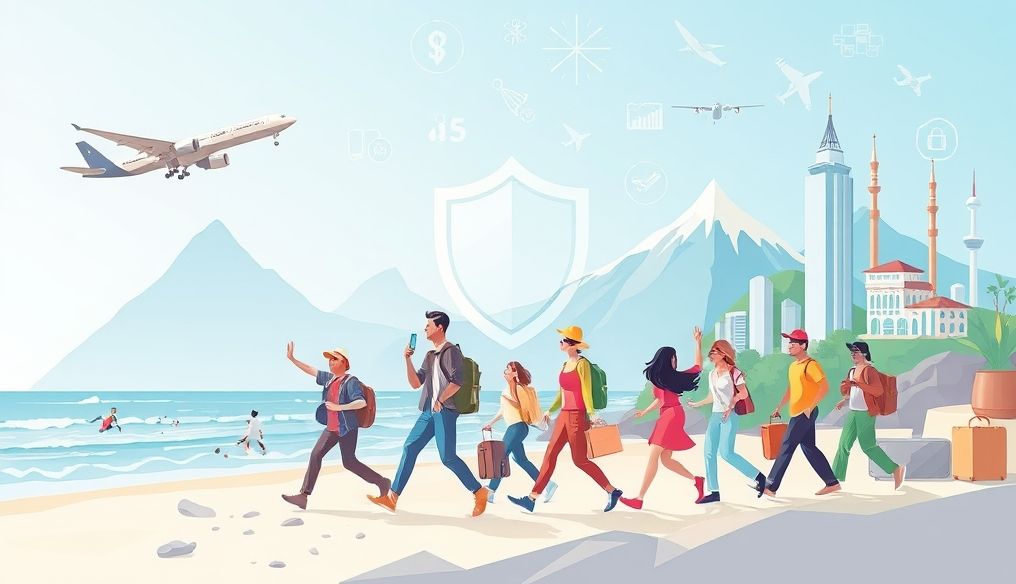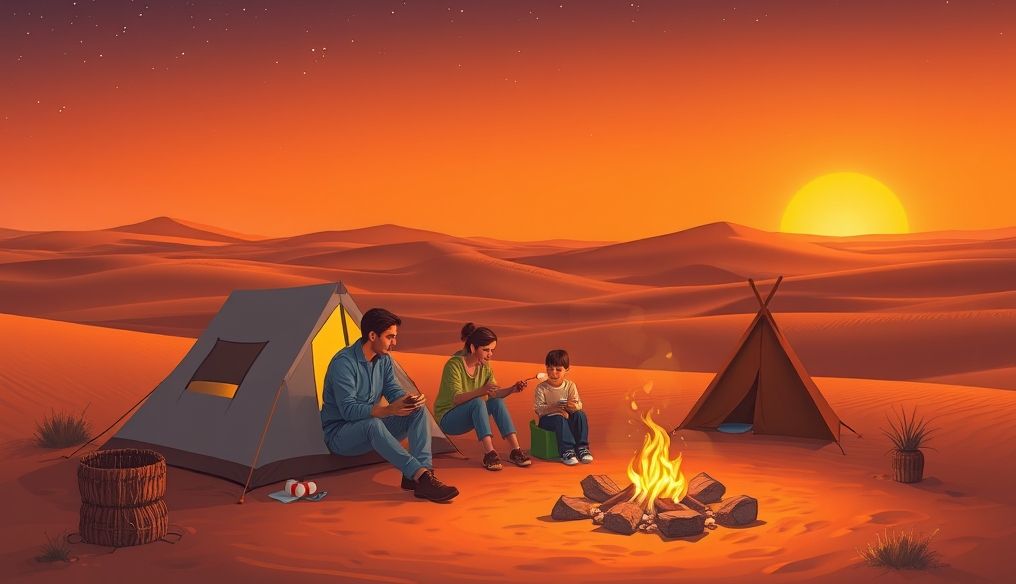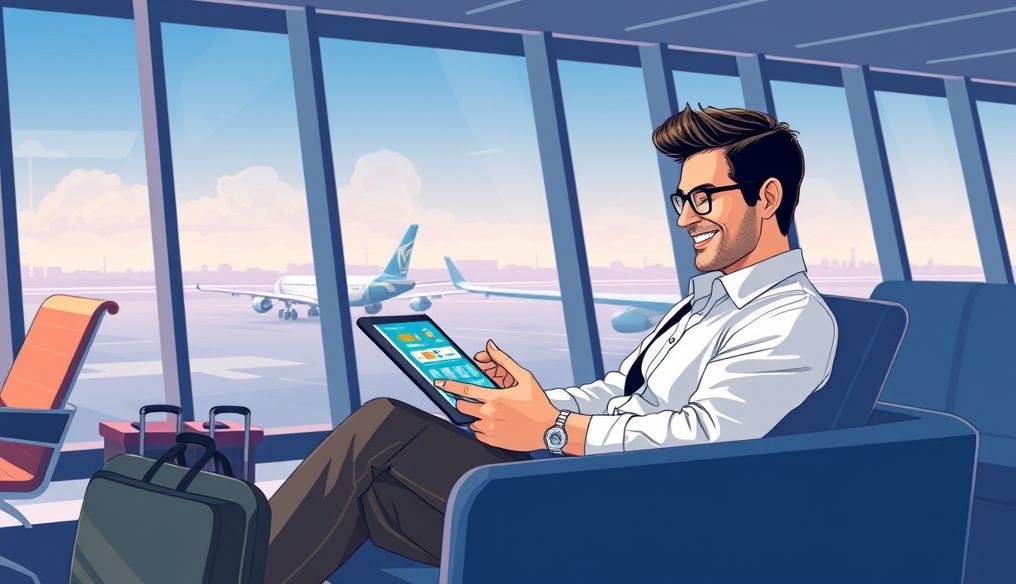Is Traveling Alone Safe? Golden Tips for an Unforgettable Trip!
Traveling alone is a liberating and enriching experience, giving you the opportunity to explore the world on your own terms, challenge yourself, and discover your hidden abilities. However, a crucial question comes to many people's minds: Is traveling alone safe? The answer isn't a simple yes or no; it depends on your destination, your preparedness, and your ability to take the necessary precautions.
1. Risk Assessment and Safe Destinations
Before packing your bags, start by assessing the potential risks in the destinations you're considering. Research crime rates, political stability, natural hazards, and common diseases. Consult government travel websites, forums, and travel blogs for realistic and up-to-date information.
- Research Safe Destinations: Some countries and cities are known for high levels of safety, especially for solo travelers. Research these destinations and focus on them at the beginning of your solo travels.
- Avoid Dangerous Areas: Avoid areas experiencing armed conflicts, political unrest, or high crime rates.
- Be Aware of Natural Hazards: Before traveling, check for any potential natural hazards such as earthquakes, hurricanes, floods, or volcanoes.
2. Planning Ahead is Key to Safety
Planning ahead is your greatest ally on a safe trip. Leave nothing to chance and plan every detail of your trip, from booking flights and accommodation to deciding on the activities you want to do.
- Book Flights and Accommodation in Advance: This ensures you get the best prices and reduces stress upon arrival at your destination.
- Share Your Plans with Someone You Trust: Tell a friend or family member about your travel plans, including your itinerary, accommodations, and emergency contact numbers.
- Keep Copies of Your Important Documents: Keep paper and digital copies of your passport, visa, flight tickets, and credit cards.
3. Personal Safety: Be Vigilant and Cautious
Personal safety is your primary responsibility. Be vigilant and cautious at all times, and avoid situations that could put you in danger. Trust your instincts, and if you feel uncomfortable in a situation, get away from it immediately.
- Don't Show Off Your Valuables: Avoid wearing expensive jewelry or carrying large amounts of cash.
- Be Careful When Dealing with Strangers: Don't easily trust strangers, and be cautious when accepting help from them.
- Avoid Walking Alone at Night in Unpopulated Areas: If you have to walk at night, find a well-lit path and walk with a group of people.
4. Communication and Staying Connected
In today's world, communication is easy and available everywhere. Use technology to your advantage, stay in constant contact with your family and friends, and share updates about your trip.
- Buy a Local SIM Card: This allows you to make local calls and use the internet at affordable prices.
- Use Navigation Apps: Use navigation apps like Google Maps to find your way and avoid getting lost.
- Stay Connected to Wi-Fi: Use free Wi-Fi networks in hotels and cafes to stay connected with your family and friends.
5. Health and Health Insurance
Your health is your most important asset. Before traveling, make sure you are in good health, get the necessary vaccinations, and purchase health insurance that covers medical expenses abroad.
- Consult Your Doctor Before Traveling: Talk to your doctor about your travel plans and ask for advice on vaccinations and medications you may need.
- Get the Necessary Vaccinations: Make sure you get all the recommended vaccinations for the destination you are traveling to.
- Buy Travel Health Insurance: This provides you with financial coverage in case of an accident or illness while traveling.
6. Eating and Drinking Safely
Avoid getting sick from food and waterborne diseases, eat in clean and reputable places, and drink only bottled water.
- Eat in Clean and Reputable Places: Choose restaurants and cafes that look clean and have a good reputation.
- Drink Only Bottled Water: Avoid drinking tap water or from unknown sources.
- Wash Your Hands Regularly: Wash your hands with soap and water before eating and after using the toilet.
7. Learn Some Basic Words in the Local Language
Learning some basic words and phrases in the local language can help you communicate with locals, ask for help, and avoid misunderstandings.
- Learn Basic Greetings: Learn how to say "hello," "thank you," and "goodbye" in the local language.
- Learn How to Ask for Help: Learn how to ask for directions or ask for help in emergencies.
- Use Translation Apps: Use translation apps to translate words and phrases you don't know.
8. Enjoy Your Experience
Traveling alone is a wonderful opportunity to discover the world, challenge yourself, and make new friends. Enjoy every moment of your trip, and don't be afraid to step outside of your comfort zone.
- Be Open to New Experiences: Try new things, taste local foods, and talk to locals.
- Don't Be Afraid to Make Mistakes: Mistakes are a natural part of traveling, learn from them and keep moving forward.
- Relax and Enjoy: Remember that you are on vacation, relax and enjoy every moment of your trip.
9. Dealing with Loneliness and Homesickness
Traveling alone may make you feel lonely and homesick at times. Be prepared for these feelings, and plan how to deal with them.
- Connect with Your Family and Friends: Talk to your family and friends regularly by phone or online.
- Join Traveler Groups: Join traveler groups online or in person, and meet other travelers.
- Pamper Yourself: Do things you enjoy, such as reading a book, watching a movie, or going for a massage.
10. Returning Safely
When it's time to return home, make sure you are well prepared. Make sure you have all your necessary documents, and that you know how to get to the airport or train station.
- Make Sure You Have All Your Necessary Documents: Make sure you have your passport, flight ticket, and visa (if required).
- Plan Your Trip to the Airport or Train Station: Know how to get to the airport or train station in advance, and make sure you have reliable transportation.
- Stay Informed of the Latest Developments: Stay informed of the latest developments in your destination, such as political or social events that may affect your trip.
Traveling alone can be an unforgettable experience, as long as you plan well and take the necessary precautions. Be vigilant and cautious, trust your instincts, and enjoy every moment of your trip.




